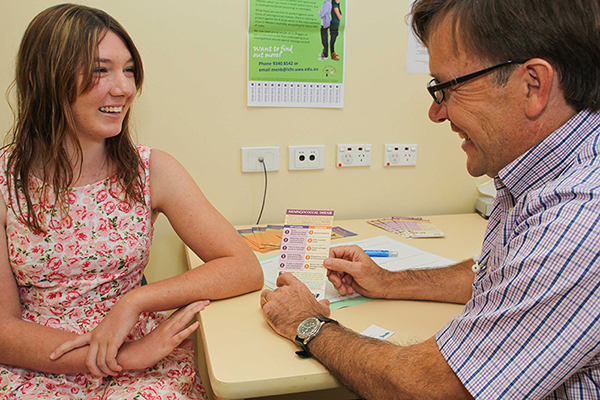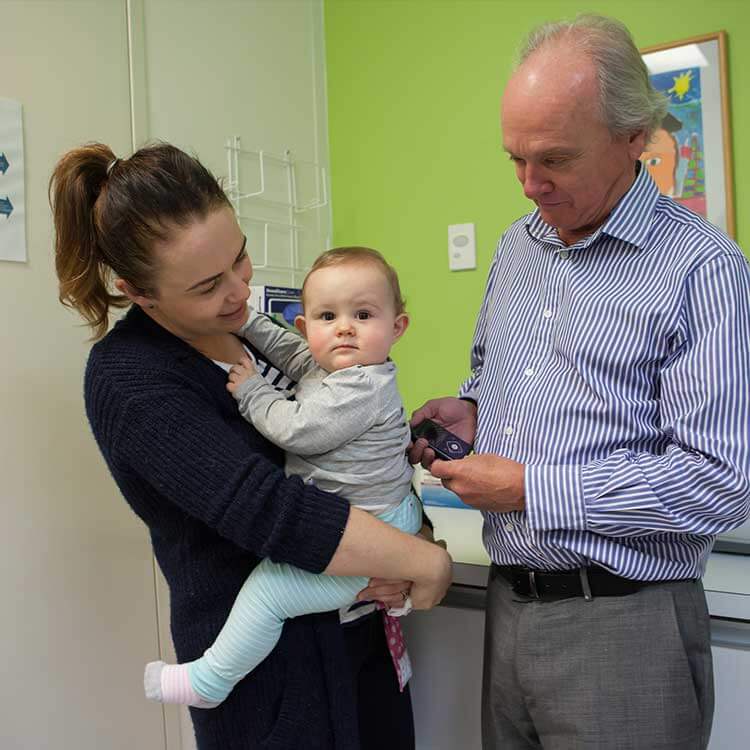Search
Showing results for "Au"

Here are some of the most common questions about phage, phage therapy and antimicrobial resistance (AMR).

Research
Meningococcal DiseaseMeningococcal disease is caused by the bacteria Neisseria meningitidis, or 'meningococcus'. It is an uncommon but very serious disease that can result in death if not recognised and treated quickly.
Research
The Inequitable Burden of Infectious Diseases Among Remote-living Aboriginal and Torres Strait Islander Australians: A Product of HistoryAlthough Streptococcus pyogenes (Strep A) is the sixth-most common infectious disease globally, its transmission within the household remains an understudied driver of infection. We undertook a systematic review to better understand the transmission of Strep A among people within the home, while highlighting opportunities for prevention.
Research
Standardization of Epidemiological Surveillance of Group A Streptococcal ImpetigoImpetigo is a highly contagious bacterial infection of the superficial layer of skin. Impetigo is caused by group A Streptococcus (Strep A) and Staphylococcus aureus, alone or in combination, with the former predominating in many tropical climates. Strep A impetigo occurs mainly in early childhood, and the burden varies worldwide. It is an acute, self-limited disease, but many children experience frequent recurrences that make it a chronic illness in some endemic settings.

The Children's Diabetes Centre's research into Type 1 diabetes, childhood onset Type 2 diabetes and obesity aims to improve the lives of children and adolescents affected by these conditions.
Research
Respiratory morbidity in Rett syndrome: An observational studyRett syndrome is associated with increased vulnerability to lower respiratory tract infection requiring hospitalization
Research
Fetal Alcohol Spectrum Disorder (FASD): Knowledge, attitudes, experiences and practices of the Western Australian youth custodial workforceThis study aims to establish the current knowledge, attitudes, experiences and practices regarding FASD and other neurodevelopmental impairments among youth custodial officers
Research
Patterns of sedentary time and ambulatory physical activity in a Danish population of girls and women with Rett syndromeHigh levels of sedentary time and low daily step counts in a Danish population of females with Rett syndrome
Research
Record linkage study of the pathogen-specific burden of respiratory viruses in childrenReliance on hospital discharge diagnosis codes alone will likely underestimate the burden of respiratory viruses
Research
How can clinical ethics guide the management of comorbidities in the child with Rett syndrome?This paper reviews the disorder Rett syndrome and evidence for the management of scoliosis and poor growth within a clinical ethics framework
